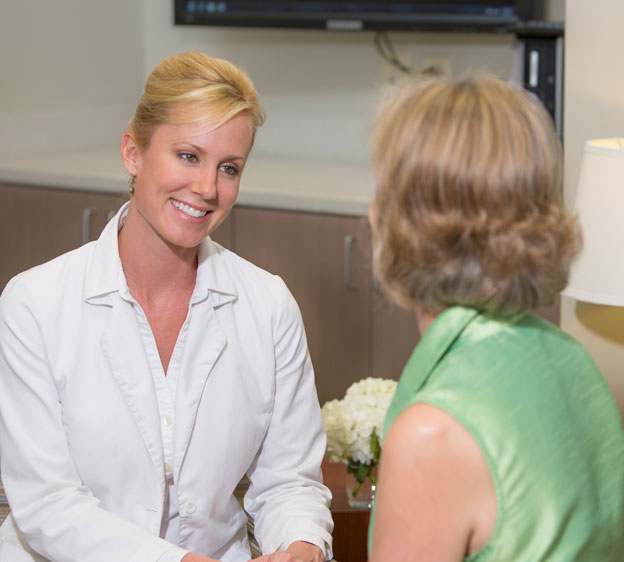
Feeling a lump in your breast can send your mind racing to terrifying conclusions. But you can take some comfort in the knowledge that cancer is not a foregone conclusion: 80% of breast biopsies (when a breast tissue sample is tested) come back negative for breast cancer.
If you’re concerned about an issue in your breast, have it checked out. Jenny Kushnereit, BS, RT(R)(M)(BS), manager of the Beaufort Memorial Breast Health Centers, encourages women (and men) to be aware of their breasts/chest and notify their health care provider if anything is unusual.
“It will be nice to put your mind at ease if it is benign,” Kushnereit says. “And it’s advantageous to catch it early if it’s cancer.”
Noncancerous Causes of Lumps
Most lumps are not breast cancer but something less serious, such as a benign breast condition. The most common noncancerous breast conditions include:
- Cysts. These fluid-filled sacs are more common in premenopausal women ages 35 to 50. They don’t increase the risk of breast cancer. Cysts typically do not need to be treated unless they are painful.
- Fibroadenomas. These are solid benign tumors that are more common in premenopausal women ages 15 to 35. Most fibroadenomas don’t increase the risk of cancer. Fibroadenomas typically don’t need to be removed unless they cause discomfort. Over time, they may get smaller or go away on their own.
- Hyperplasia. This is an overgrowth of cells that can develop in the ducts or milk glands (lobules) of the breast. Hyperplasia can increase a woman’s risk of breast cancer. Your doctor may recommend medication or surgery.
Read More: Breast Density and Cancer Risk
Tune Into Your Body
The best way to care for your breasts is to follow your doctor’s recommendation for screenings and to be familiar with the shape and feel of your breasts, so you can tell when something isn’t right and needs to be checked out. Your doctor can then determine whether more tests are needed. Just remember, benign breast conditions are common, and many don’t require surgery or treatment.
How to Perform a Self-Exam
Knowing how your breasts normally look and feel is a good way to spot any concerning changes. Once a month, take a few minutes to examine your breasts. The National Breast Cancer Foundation offers easy-to-follow breast self-exam instructions.
Read More: Know Your Lemons
Learn more about breast cancer support and services at Beaufort Memorial. To schedule your annual mammogram, call 843-522-5015.
